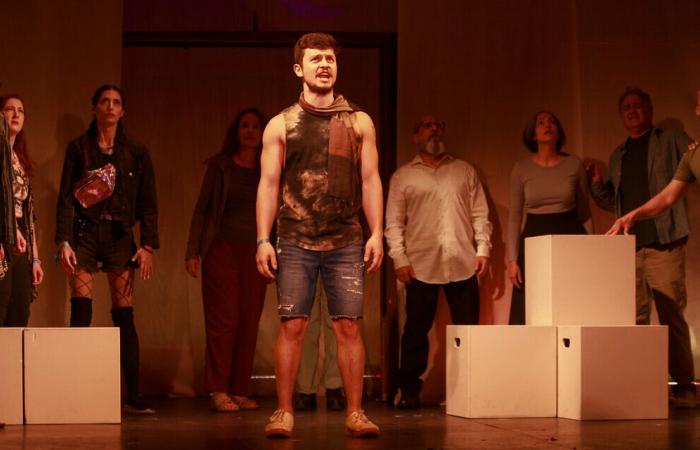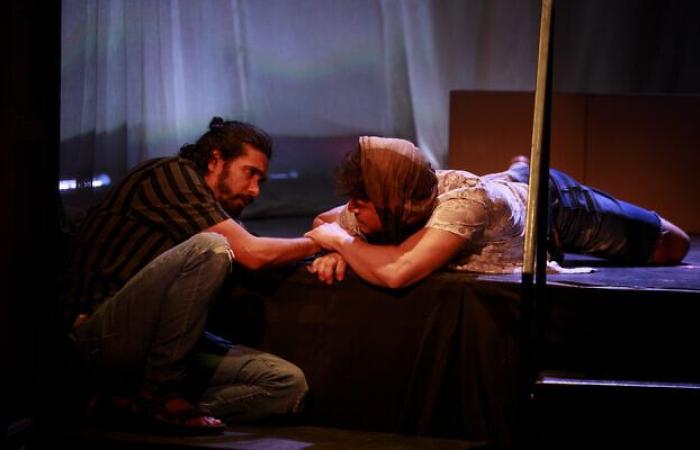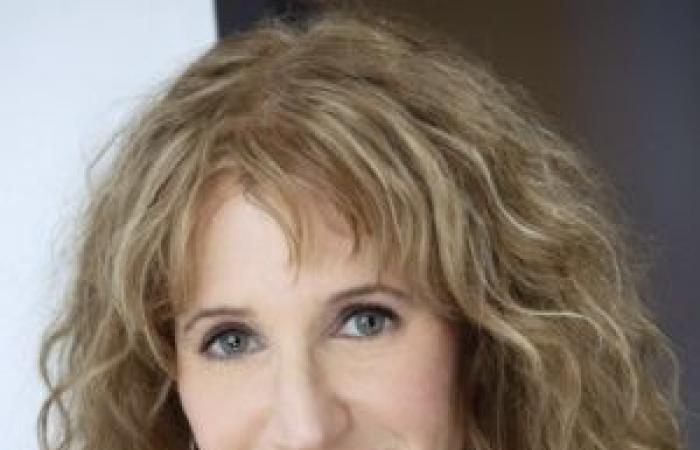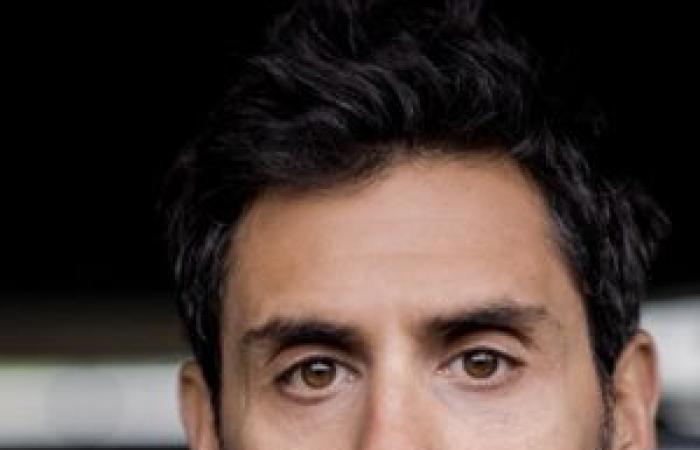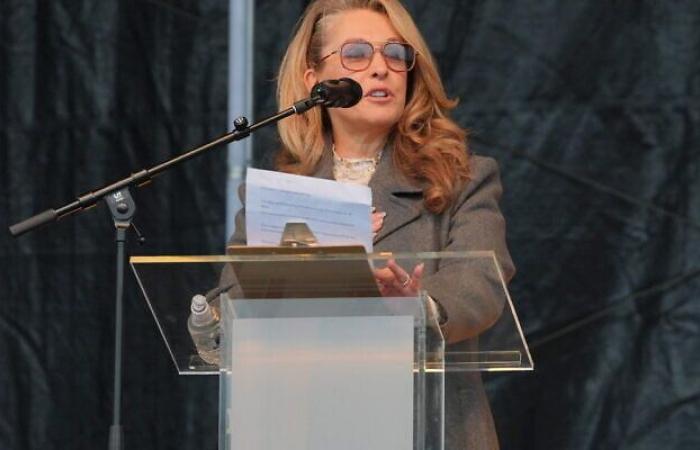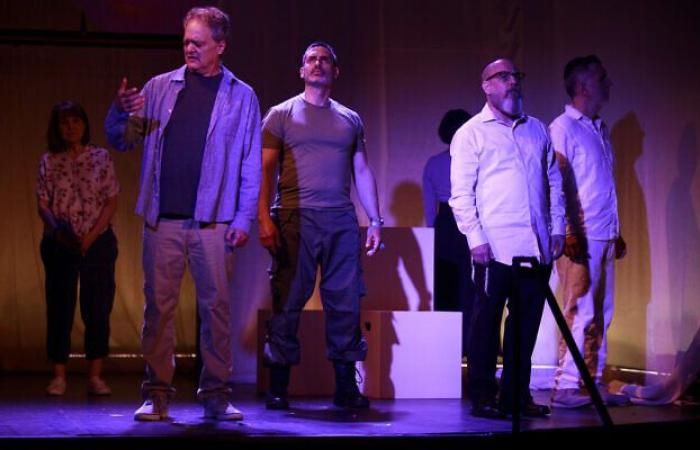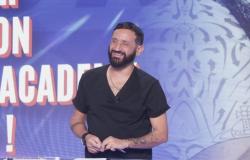On October 7, Irishmen Phelim McAleer and Ann McElhinney, married in the city and both journalists with careers as playwrights, were horrified to read about the torture, rape, kidnapping and massacre of Israelis by Palestinian terrorists. .
On October 8, they discovered with horror how the media in their home country reported the events, not to mention the massacres, the ever-increasing number of deaths or the thousands of rockets fired at Israel, but the fact that Israel had cut off electricity in Gaza, the place of origin of those who had invaded them. “As if that was the real atrocity,” McAleer says.
“Already the next day, the story of October 7 was in danger of sinking into oblivion. »
Receive our daily edition for free by email so you don’t miss the best news. Free registration!
As the days passed, media coverage continued to voice its clear opposition to the Jewish state – as did those in the art world.
On October 18, 2,000 actors and artists signed a letter condemning Israel for “war crimes”, without a single reference to Hamas, the pogrom committed in Israel, the violence, the hostages held by the terrorist organization or the rockets fired on Israeli civilians.
“So,” McAleer said, “Ann and I thought someone should write down word for word what happened. We looked at each other and said, “If we don’t do it, who will?” »
The couple went to Israel to interview survivors and relatives of victims of this massacre which cost the lives, in particularly violent circumstances, of 1,206 people and led to the captivity of 251 men, women and children held in the Gaza Strip. They produced a play repeating these testimonies word for word.
The play, “October 7: In Their Own Words,” was performed to a sold-out crowd – and with a heavy police presence, anti-explosive dogs in support – at Princeton University on September 24 and at UCLA on October 7. Other American campuses are expected to follow.
By early 2024, the play was ready and McAleer and McElhinney began contacting theaters in New York. Having already rented theaters, they thought this would not be a problem. It was quite the opposite.
Phelim McAleer and Ann McElhinney, who wrote and produced the play “October 7: In Their Own Words”. (Authorization)
“It’s been an endless series of problems, not to mention rejections,” McAleer says, adding that theater rentals in New York are usually easy. “We wrote to all the theaters in New York: all refused. »
The Actors’ Temple, an off-Broadway theater that also serves as a synagogue, is the only one in New York to have said yes to them.
Once confirmation was obtained, McAleer and McElhinney published an ad on Actors Access, an American site specializing in auditions, to proceed with the casting of the actors. Quickly, a discussion began within a Facebook group called Theater Folx of Color, an online theater community that prides itself on combating hate speech and being “kind and courteous.”
“We are all in this together, let’s treat everyone with respect,” we can read in the “About” section of this group.
One member posted a message to their 14,000 subscribers urging them to “stay away from this project” and calling the survivors’ testimony “fabricated.”
Other posts denied Hamas massacres and accused Israel of the usual litany of buzzwords and insults. One called Jews “violent aggressors” and claimed the play was part of a plan to generate “sympathy for apartheid/genocide.” Others suggested protesting the play or sending hate mail from anonymous email addresses.
Photo from the play “October 7: In Their Own Words”. (Authorisation)
The casting problems continued.
McAleer explains that “the actors were afraid of being in this play and that it would harm their careers – it is simply unthinkable that a play about one of the darkest days in Jewish history, in New York, would harm their anyone’s career. There would be no Broadway without Jews. There would be no New York without Jews. »
“It might hurt my career, but damn”
The play has about ten actors playing 18 characters, all real individuals interviewed by McAleer and McElhinney in Israel. There we find in particular Biliyah Michal, who survived by hiding on a roof with her children and grandchildren, Michael Zilberman, who took his car to go to the south, in the heart of the carnage and save his daughter, who he had seen, injured, in a Hamas video published on social networks, or this religious man who took the initiative of going to this death zone to save and extract, on several occasions, the people hidden in the bushes and ditches which bordered the place of the Nova rave.
The play gives them a voice, in a sort of step-by-step account of this day, which gives free rein to the expression of each person’s experience.
At the end of the play, the audience feels all the horror of the day, the tragedy, the death but also the courage of those who sacrificed and who survived.
Ultimately, McAleer says, “the actors who agreed to do the play were the ones who said, ‘This might hurt my career, but fuck it.’ »
One of them is Leora Kalish. Asked about anti-Semitism in the artistic world, Kalish replies that he surfs above all on what is fashionable.
“I’m not surprised that a lot of this anti-Semitism comes from the art world,” she says, “because Israel these days is not considered a cool place or a cool people to identify ourselves or that we would like to protect. For them, it’s not cool to support Jews.
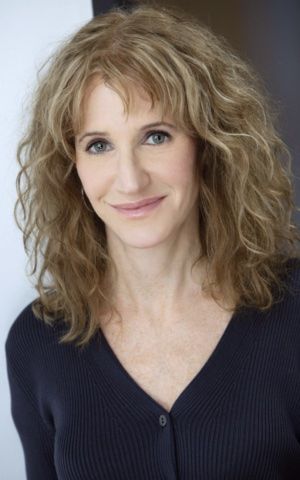
Leora Kalish, one of the actresses in the play “October 7: In Their Own Words”. (Authorisation)
To discuss the sexual violence committed against Israeli women on October 7, Kalish recalls the reaction of the international community to the kidnapping, in 2014, of more than 200 Nigerian girls, most of them Christians, by the terrorist organization Islamist Boko Haram. The campaign for their release had received support from women’s organizations, celebrities and arts professionals around the world.
“But who,” Kalish asks, “spoke out in favor of Jewish women?” It’s not just about murder. Women had their breasts cut off and nails pushed into their vaginas, and yet no one said anything. »
She recalls that Sheryl Sandberg’s documentary “Screams Before Silence”, a shocking and powerful film on the sexual violence suffered by Israeli women on October 7, was almost completely ignored by the art and entertainment circles.
“Sheryl Sandberg had courage. She’s a powerful woman, Kalish explains, and even she hasn’t managed to move the lines. »
Another of the actors of “October 7” is René Ifrah. Asked if he had any doubts before accepting the role, Ifrah replied: “I always had a principle, which was that if someone has a problem with Jews, then they have a problem with me. »
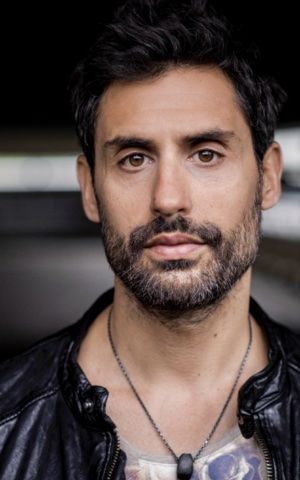
René Ifrah, who stars in “October 7: In Their Own Words”. (Authorisation)
On the subject of anti-Semitism and the world of the arts, Ifrah joins Kalish on the appeal of fashion. Being anti-Israel “is so fashionable,” he says. “It’s so trendy. In the art world, everyone seems to adhere to the same narrative, that Israel is an evil oppressor and the Palestinians are innocent victims. “The artistic world,” he said, “is corrupted by this ideology. »
However, Ifrah wonders how many people are really against the Jews.
“In the arts industry, many people are afraid of saying the wrong thing,” he recalls. “There is this culture of fear that keeps many people silent – which takes us back to pre-Holocaust Germany. But how is it possible to remain silent? Haven’t we learned anything from all this? »
Need more security
The performances of the play “October 7” could not take place without the presence of security guards, metal detectors and armed guards among the public, evening after evening, because of anti-Israeli demonstrators who were willingly disruptive, destructive and sometimes violent, not to mention the traditional terrorist threats, at a time when the New York police are reporting an increase in anti-Semitic acts following the attack of October 7, 2023, the most significant ever according to the Anti-Semitic Defamation League (ADL).
This need for security is not very surprising in New York, when it comes to plays with a Jewish theme, which should shock us, but which is accepted by the theater industry, explain the producers of the play.
According to McAleer, “it’s an indictment of the art scene in New York and America.”
On the other side of the Atlantic, a new London version of “The Merchant of Venice” last year required special security measures for the lead actress, Tracy-Ann Oberman, who was targeted following to October 7.
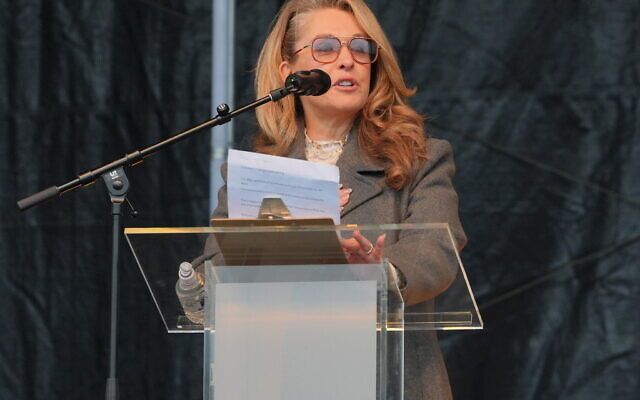
Actress Tracy-Ann Oberman speaking at the 7th of October memorial event in Hyde Park, central London, October 6, 2024. (PA via Reuters)
As Oberman said in a BBC interview, “A Jewish actress should be given special protection in the West End because she spoke out about the October 7 rapes and no one in the theater community raised his hand to say “This is bad”. We should hear a lot more: “This is unacceptable”. They would be the first to find this unacceptable if it happened to another minority. »
Despite six weeks of packed houses at the Actors’ Temple, “not a single mainstream newspaper showed up to review it,” McAleer recalls. “Even bad ones,” Kalish continues, “it’s crazy that none of these big publications thought it was worth looking into. »
According to McAleer, who gets the information from their agent, the press releases sent out for “October 7” were the most read – and resulted in a record number of unsubscribe requests.
“Of course,” McAleer said, “they say it’s not anti-Semitism, it’s anti-Zionism or anti-colonialism. But when we look more closely, the countries in which they are interested are surprising. There are many conflicts around the world, some even more violent, but despite this, they choose to focus their recriminations on the one and only Jewish country. For what ? »

Photo from a performance of “October 7: In Their Own Words.” (Authorisation)
For Kalish and Ifrah, performing in this play was a meaningful and very satisfying experience. The fact of embodying real people who experienced hell on October 7 refers to a form of public service, and they would not have given up their place, even for a simpler and less controversial role.
“Israel exists for a reason,” Ifrah recalls, “and I stand by that. That doesn’t mean I agree with everything. This does not mean that I am exempt from criticism. But if there is one country whose existence is legitimate, it is Israel. »
Kalish is no less committed. “There was no way I wasn’t going to be in that play,” she says.
“They are trying to bring us down. They want to silence us. But we won’t let it happen. We are still here. »

